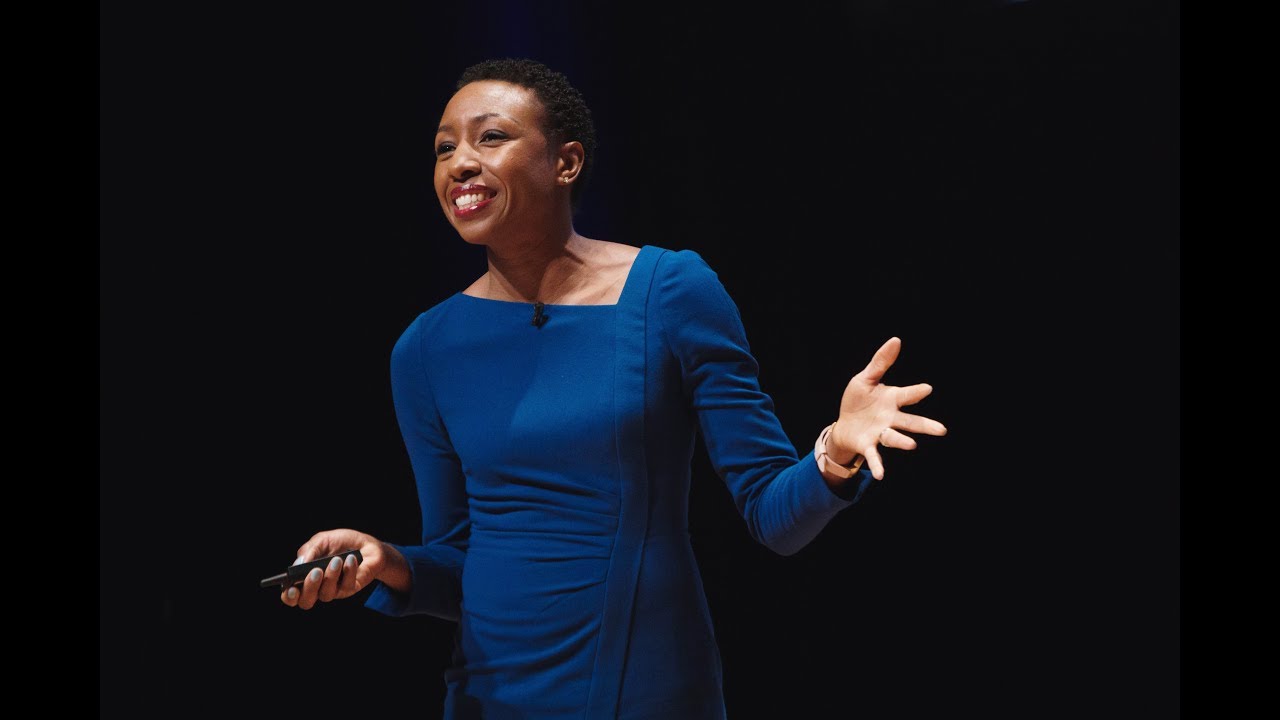
This year has placed a national spotlight on the Black experience, and it’s more important than ever for successful Black founders to share their insight and advice. Oppti founder Khiry Kemp is joined by Tiffany Dufu, CEO of The Cru and author of Drop the Ball, to discuss overcoming adversity, facing your respective challenges, and what founders and investors alike should know about Black entrepreneurship.
The past few months have placed a national spotlight on the Black experience, and it’s more important than ever for successful Black founders to share their insight, and advice.
There are lessons for founders and investors alike, according to Khiry Kemp, chair of the Black Founders Initiative at Founders Network and founder of Oppti, a fast-growing job recruitment platform for high school students. In a fireside chat, Khiry joins Tiffany Dufu, CEO of The Cru, bestselling author of Drop the Ball: Achieving More by Doing Less and board member of Girls Who Code, to discuss overcoming adversity, facing internal and external challenges, and what people should know about Black entrepreneurship.
Join Khiry and Tiffany in their full webinar and see if you qualify for membership to Founders Network and get unique insights on:
- Leveraging peer support
- Early growth mentorship
- Connecting with successful founders
- Raising awareness
- Focusing on your mission
“When you look at the numbers, you see the underrepresentation right away,” says Khiry.
Only 1% of venture capital-backed startup founders are Black, according to data compiled by Transparent Collective. Representation on the investor side is similarly unequal: An estimated 70% of venture capitalists are white, while only 3% are Black, according to a survey by the investor Richard Kerby.
“That reality contributes to a host of unique obstacles for Black founders. And rather than blatant racism, the challenges and biases that Black founders face are more often implicit, ranging from subtle cues in meetings to double standards in how investors size up your business,” Khiry explains.
“It’s less blatant most of the time, which can make it hard to pinpoint,” he says. “It may be that the burden of proof is higher for Black founders, or to get buy-in.”
On top of that, “there isn’t necessarily a deep support group,” says Khiry. All of the benefits that peer networks bring — sharing experiences, advice and resources — are all the more scarce for underrepresented founders.
“We’re in an unprecedented time, and there’s a lot of curiosity from people who just want to better understand what’s going on.” - @GetOppti Share on XCommunities like Founders Network have a role to play in connecting successful Black founders with those eager to learn and to overcome similar challenges in building their businesses. Those networks can cultivate mentor relationships, as well as partnerships and other valuable business development opportunities for underrepresented founders.
“It’s also a unique point in time for raising awareness among non-Black founders as well as investors,” says Khiry. Among investors in particular, elevating awareness of Black experiences in entrepreneurship could help investors better understand their biases, call themselves out, and evaluate founders on their merits instead of narrowly defined stereotypes of what successful founders look like.
“We’re in an unprecedented time, and there’s a lot of curiosity from people who just want to better understand what’s going on,” Khiry adds. “For those on the investor side, it’s also understanding that there are a lot of good black businesses, and maybe some of them cater to markets that you don’t necessarily understand yet. Be open-minded.”
“You can’t psych yourself out and let the numbers discourage you...you have to give it your all and overcome as many critical challenges as possible.” - @GetOppti Share on XFor Black founders, there are internal hurdles that can arise from believing that the statistics are stacked against you in entrepreneurship. Khiry emphasizes, “If you don’t believe that you can succeed, how is anyone else supposed to believe in you?”
“You can’t psych yourself out and let the numbers discourage you,” Khiry explains. “Even if you do have to try harder from an individual perspective, you have to give it your all and overcome as many critical challenges as possible.”
To learn more about black founder hurdles, see if you qualify for membership and check out the webinar from October 29.






